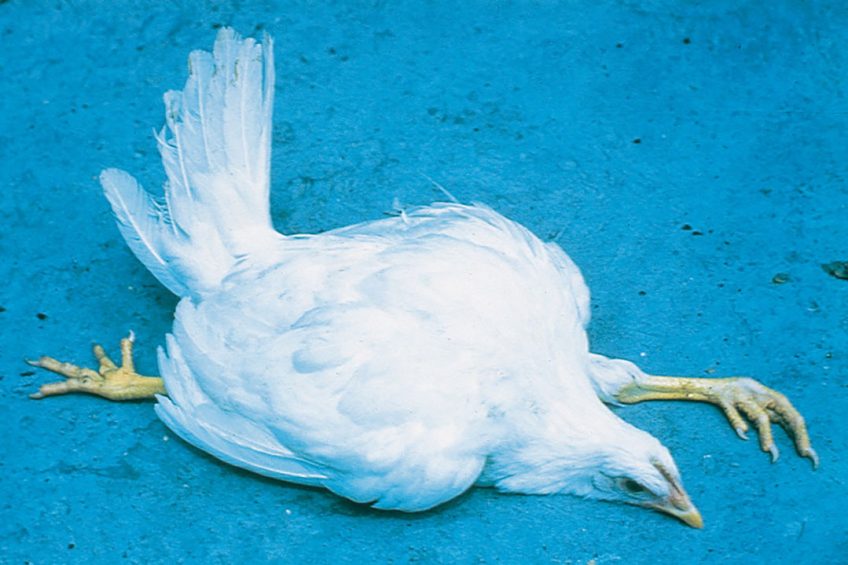Analysing genomes to improve disease control in poultry

DNA from 70 virus strains of Marek’s disease found in the United States in recent years have been collected and sequenced, leading to the identification of significant genetic variants or mutations associated with its virulence.
Marek’s is a highly contagious viral disease caused by herpesvirus and is a constant global threat. While it is also one of the most preventable diseases with vaccination, the vaccine does not prevent virus spread and mutation – considered the main reason for increased virus virulence in field strain in US commercial flocks.
This issue led veterinary medical officer John Dunn and his team at the US Agricultural Research Service (ARS) Avian Disease and Oncology Laboratory in East Lansing, Michigan, to find out which genes were most associated with virulence.
The sequencing of the genes, which has been published in the Journal of General Virology, also revealed that high virulence strains collected from the same farms in the last 3 years and in the 1990s were nearly identical.
Mr Dunn said this illustrated the ease with which virulent Marek’s disease viruses can persist and spread between flocks as well as the difficulty in eradicating the disease from a farm once established.
Results
Among the results found were that new strains were no more virulent than older strains, which may suggest that current management and vaccine practices have slowed the ongoing evolution of the virus.
Litter management to reduce viruses in the environment and optimise the microbial environment of the chickens is a critical component of bird health, even with good protection from vaccines.
Mr Dunn said the study was different from other analysis due to the uniformity of how virus strains were phenotyped. Only US strains were analysed, which were all collected, isolated and phenotyped in the same inbred chicken lines and controlled conditions, using the same vaccines and control viruses. In addition, all strains were phenotyped by one of 2 ARS veterinarians.
The next step is to validate markers associated with virulence to determine if these markers may provide an alternatives to live bird testing for evaluating virulence of new Marek’s disease field strains.
The research received contributory funding from the US Poultry and Egg Association.












